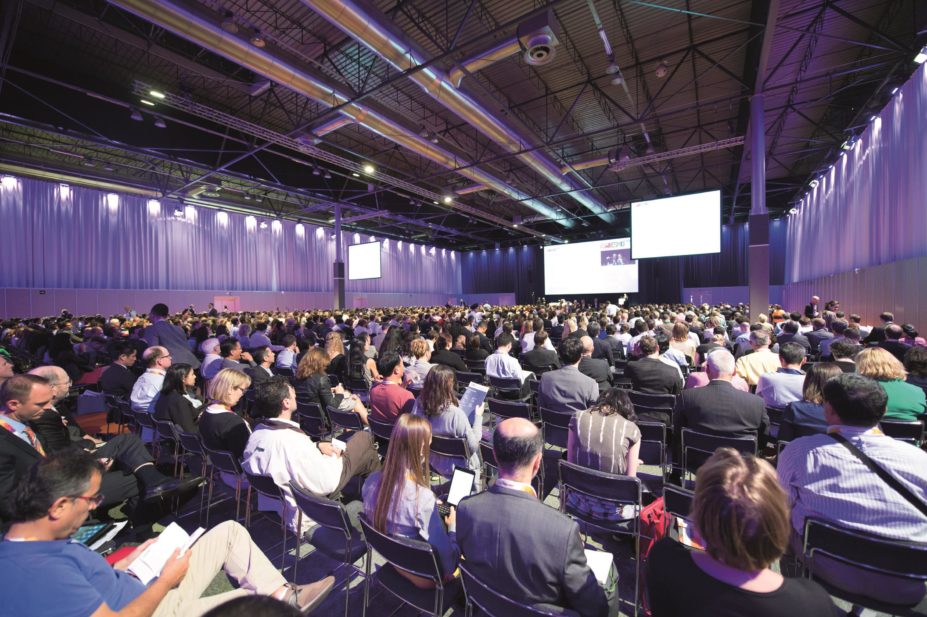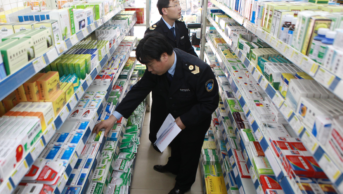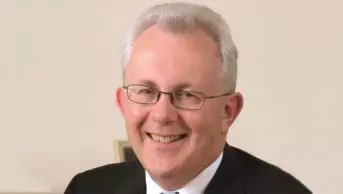
© ESMO
Regulatory agencies in the United States take less time to approve new cancer drugs than those in Europe or Canada, according to findings presented at the ESMO 2014 Congress in Madrid on 28 September 2014.
Sunil Verma, an oncologist from Sunnybrook Research Institute in Toronto, Canada, and Nardin Samuel, a research student at the University of Toronto, compared the approval times for 41 cancer drugs by three international bodies: Health Canada, the US Food and Drug Administration (FDA) and the European Medicines Agency (EMA).
In Europe, it took 6.0 months longer to approve such drugs and 7.6 months in Canada compared with the United States. The greatest discrepancy was for azactidine, used to treat myelodysplastic syndrome, with a 66.1-month difference between approval times in the United States and Canada and a 55.8-month delay between the United States and Europe.
The quickest approval was for the drug cabazitaxel, used to treat metastatic prostate cancer. It took just 17 days to go from filing the initial drug submission at the FDA to market approval. In contrast, approval of cabazitaxel took 11.6 months in Canada and 11.0 months in Europe.
“There may be bureaucratic rather than medical/scientific reasons for differential geographical approval timelines,” said oncologist David Cameron, director of the Edinburgh Cancer Research Centre, who was not involved in the study. “[This] will lead to differential geographical benefits from new agents,” he added.
Another study, also presented at ESMO 2014, uncovered wide geographical variations in access to the breast cancer drug trastuzumab. First approved by the FDA in 1998, trastuzumab is used to treat HER2-positive tumours.
Researchers led by Felipe Ades Moraes, a medical oncologist at Jules Bordet Institute in Brussels, used national registry data to estimate the number of new cases of HER2-positive breast cancer patients per year in 24 countries. They then estimated the number of likely trastuzumab treatments per year between 2001 and 2013 using procurement data for each country.
They found differences in procurement of the drug by health systems in western Europe, the United States and eastern Europe, with the latter region acquiring insufficient quantities of the drug to treat all patients in need.
“Trastuzumab procurement levels only increased in eastern Europe after 2005 when the drug received extended approval for use after surgery,” Moraes said.
“Our demonstration of the higher trastuzumab uptake in countries with higher breast cancer survival strengthens the notion that the uptake of life-saving drugs is one of the many important factors in improving cancer survival,” he added.


